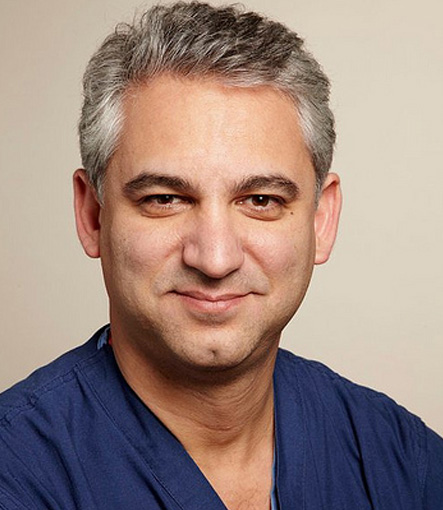A Potential New Treatment For Prostate Cancer Found
Researchers at the University of Georgia have created a new therapeutic treatment for prostate cancer that has shown great efficacy in mouse models of the disease. The treatment is designed to inhibit the activity of a protein called PAK-1, which contributes to the development of highly invasive prostate cancer cells, researchers said. Their findings were recently published in the journal Nanomedicine: Nanotechnology, Biology and Medicine. According to the team at the University of Georgia, treatments that target the protein, PAK-1, have the potential to be very successful at combating prostate cancer.
“PAK-1 is kind of like an on/off switch,” says study co-author Somanath Shenoy, an associate professor in UGA’s College of Pharmacy. “When it turns on, it makes cancerous cells turn into metastatic cells that spread throughout the body.”
With the aid of UGA associated professor Brian Cummings, the researchers developed a way to package and administer a small molecule called IPA-3, which limits the activity of PAK-1 proteins. They enveloped the IPA-3 molecule in a bubble-like structure called a liposome and injected it intravenously.
The liposome shell surrounding IPA-3 ensures that it is not metabolized by the body too quickly, allowing the inhibitor enough time to disrupt the PAK-1 protein. The researchers found that this molecule significantly slowed the progression of cancer in mice, and it also forced the cancerous cells to undergo apoptosis — a kind of programmed cell death.
“When we first began these experiments, we injected IPA-3 directly into the bloodstream, but it was absorbed so quickly that we had to administer the treatment seven days a week for it to be effective,” Shenoy said. “But the liposome that Dr. Cummings created makes the IPA-3 much more stable, and it reduced the treatment regimen to only twice a week.”
Their preliminary results suggest that IPA-3 might be a viable treatment for prostate cancer in humans, but Shenoy cautioned that there is much work must that must be done first before human clinical trials can commence.
“The results of our experiments are promising, and we hope to move toward clinical trials soon,” he says, “but we must figure out what side effects this treatment may have before we can think about using it in humans.”






